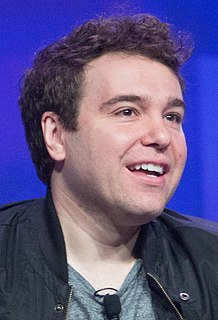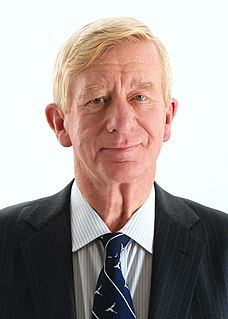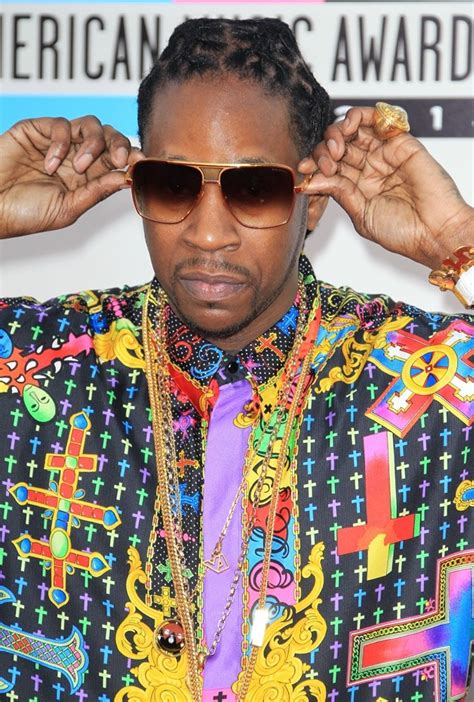A Quote by Jon Lovett
You look at what animates Democratic voters; you look at what animates Democratic politicians: it's health care. It's increasingly climate. It is wages and economic issues. It's issues around reproductive freedom and criminal justice reform and inequality.
Related Quotes
Furthermore, we believe that health care reform, again I said at the beginning of my remarks, that we sent the three pillars that the President's economic stabilization and job creation initiatives were education and innovation - innovation begins in the classroom - clean energy and climate, addressing the climate issues in an innovative way to keep us number one and competitive in the world with the new technology, and the third, first among equals I may say, is health care, health insurance reform.
I think, from a progressive point of view, to have a Democratic Congress and a Democratic White House, and to have spent the time on Obamacare, which had real benefits, 20 million insured, but not on inequality, was a major cost to the Democratic Party, costing them their majorities, but also a bit of a cost to the country, because it didn't address the fundamental issues that led to Donald Trump and that led to a lot of unhappiness, just the continued widening inequality.
The way in which we can promote peace, is by promoting sustainable management of our resources, equitable distribution of these resources, and that the only way you can actually do that, is that then you have to have a political, economic system that facilitates that. And then you get into the issues of human rights, justice, economic justice, social justice, and good governance or democratic governance. That's how it ties up.
You know in fairness Gary [Johnson] and I have not agreed on a number of substantive issues in this campaign, tax policy, we've had some influence on each other, I think I've had some influence on him, on constructive engagement around the world, he's had some influence on me in criminal justice reform issues.
In the U.S. when people like me started writing things about inequality, the economic journals had no classification for inequality. I couldn't find where to submit my inequality papers because there was no such topic. There was welfare, there was health issues, there was trade obviously. Finance had hundreds of sub groups.




































